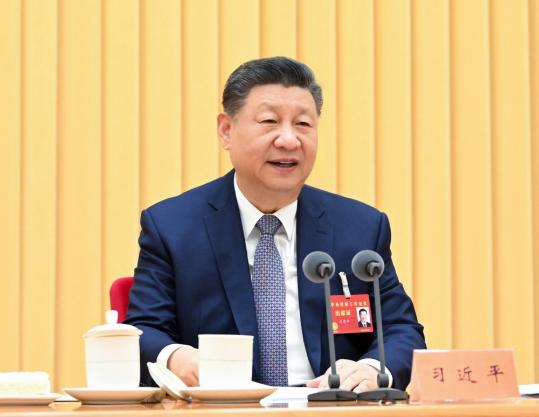
Xi Jinping, general secretary of the Communist Party of China Central Committee, Chinese president and chairman of the Central Military Commission, delivers an important speech at the annual Central Economic Work Conference in Beijing.
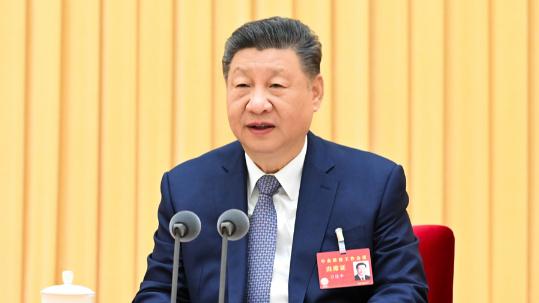
Xi Jinping, General Secretary of the Communist Party of China Central Committee, Chinese president and chairman of the Central Military Commission, delivers an important speech at the annual Central Economic Work Conference in Beijing, capital of China.
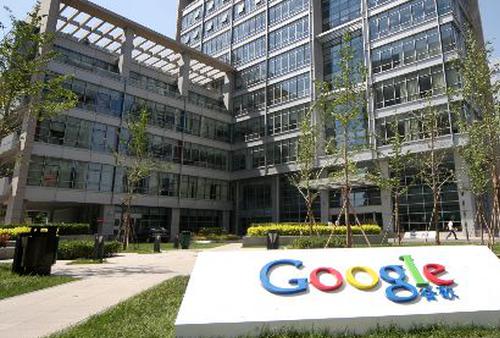
The European Union has launched a new investigation into the Google search engine, to find out if it is breaking the bloc's competition rules by not adequately paying publishers for their content, and whether the company is setting unfair conditions on content creators who do not want to share their work.
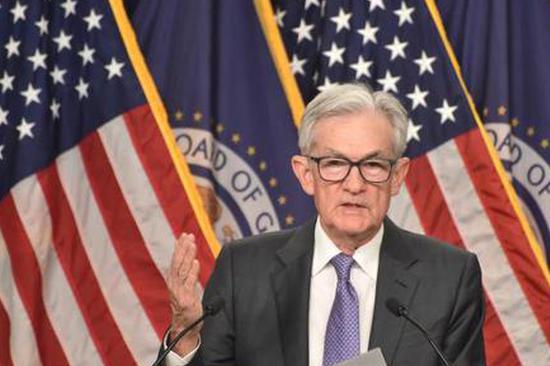
The US Federal Reserve on Wednesday local time decided to lower the target range for the federal funds rate by 25 basis points to 3.5-3.75 percent, marking its third rate cut this year.

Recent fiscal measures, accommodated by stability in global trade policies, are expected to support both investment and exports, while existing headwinds are likely to persist.
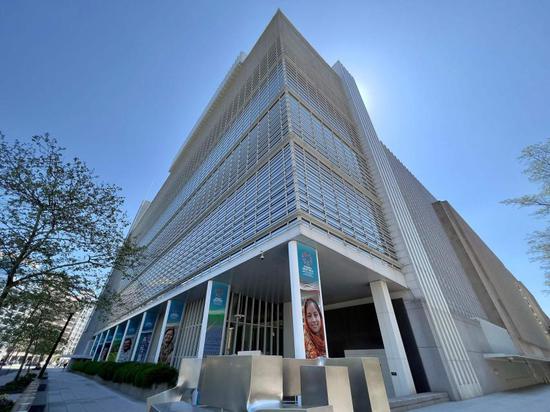
Several international financial organizations have raised their growth forecasts for China's 2025 economy in recent days.

China's economy is poised for resilient growth in 2026 and beyond, supported by a pro-growth macroeconomic policy combination and a stronger push to prioritize the shift toward a consumption-driven growth model, leading international and domestic economists said.

China has successfully deployed the world's largest high-altitude wind energy collector, a giant 5,000-square-meter kite or "wind-catching sail", marking a crucial step in the nation's cutting-edge exploration of renewable energy from high-altitude winds.

China's first national-level continental shale oil demonstration zone, located in Xinjiang Uygur autonomous region, has achieved its annual crude oil production target of 1.7 million metric tons ahead of schedule, its operator, China National Petroleum Corporation (CNPC) said.

China is set to intensify its push to cultivate new quality productive forces next year, creating abundant opportunities for foreign companies in sectors such as smart connected vehicles, biomanu-facturing and hydrogen energy, policymakers and experts said.
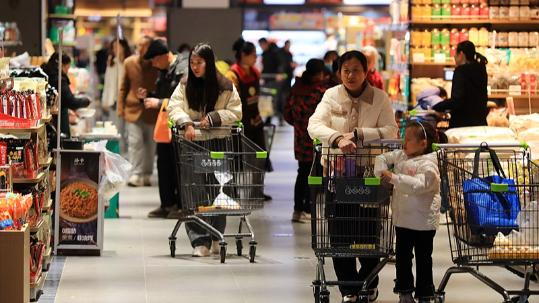
In its 15th Five-Year Plan period (2026-2030), China will position the retail sector as a pivotal force in building a robust domestic demand system, steering it toward a quality-oriented and services-oriented model for high-quality development, a commerce official said on Tuesday.
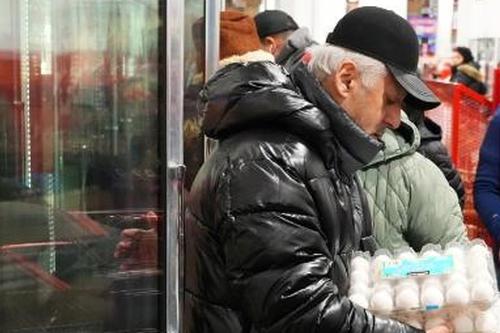
Multiple international media outlets reported that the latest data from U.S. firm Automatic Data Processing (ADP) show an unexpected decline in private-sector employment, with roughly 32,000 jobs lost in November 2025.
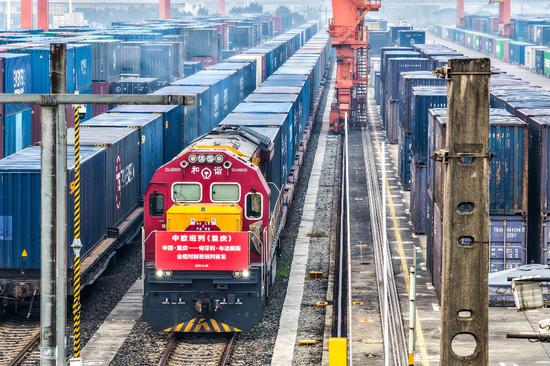
Foreign trade will remain pivotal to China's economic performance in 2026, as policymakers and exporters prioritize industrial upgrade, high-standard opening-up and market diversification as key growth drivers, government officials and economists said on Monday.
China will continue exerting a "more proactive" fiscal policy and "moderately loose" monetary policy next year, as it strives to promote "effective qualitative improvement" and "reasonable quantitative growth" in its economy, according to a key Party leadership meeting on Monday.

While Shanghai has already overtaken all other cities with a whopping 10,000 cafes, flavor is no longer the main factor competing for coffee lovers' attention.
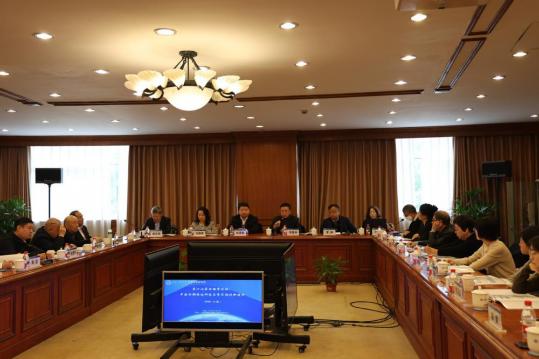
The 17th Silk Road Studies Forum, which brought together 40 experts from Beijing, Shanghai, and the Xinjiang Uygur autonomous region for a three-day event, concluded at Shanghai International Studies University (SISU), on Saturday.

China's foreign trade in goods rose 3.6 percent year-on-year in the first 11 months of 2025 to 41.21 trillion yuan, according to the General Administration of Customs on Monday.

The Political Bureau of the Communist Party of China (CPC) Central Committee on Monday held a meeting to analyze and study the economic work of 2026 and review a set of regulations on the CPC's leadership over law-based governance in all respects.

The plan also calls for coastal areas in the delta to bolster their roles as ports and shipping hubs, and for orderly development of deep-sea space to tap marine potential.
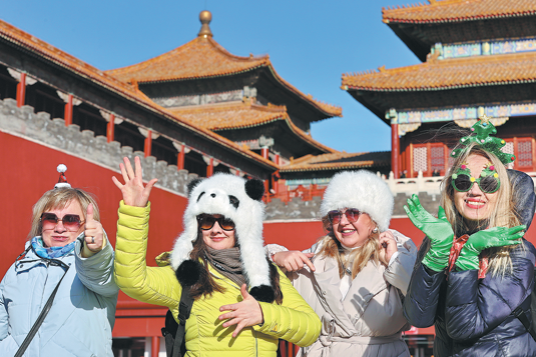
China will continue to push forward high-standard opening-up while bolstering domestic consumption to support high-quality development, the country's top commerce official said on Saturday.
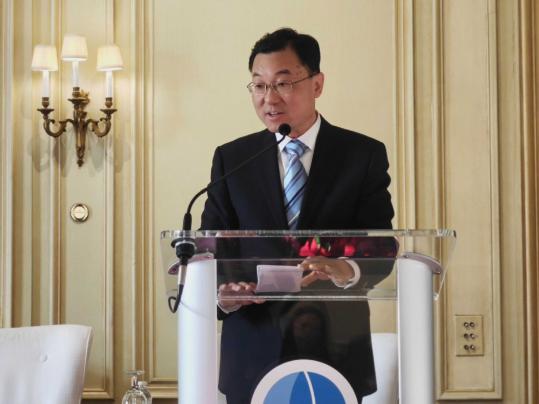
Chinese Ambassador to the United States Xie Feng speaks at the China-US Business Cooperation Forum, co-hosted by the China Council for the Promotion of International Trade and the Meridian International Center in Washington on Thursday.

10 big things about China you should not miss (Nov. 30- Dec. 6)

China Eastern Airlines flight MU745 landed at Ezeiza International Airport in Buenos Aires, the capital of Argentina, on Thursday afternoon local time. This only non-stop direct passenger route between China and Argentina covers a total distance of 20,000 kilometers, setting a new record for the world's longest single civil aviation flight.


Ashvin, originally from Sri Lanka and now based in Dubai, works for a Chinese media outlet. His job is capturing China's stories with lenses, which mainly involves Chinese-made products. He says these items add convenience and a spark of enjoyment to both his work and personal life.

Technology and industrial innovation in the Yangtze River Delta (YRD) region should be further strengthened, as it is projected to play a pioneering, demonstrating and radiating role in China's modernization, according to a new development plan approved by the State Council for the region.
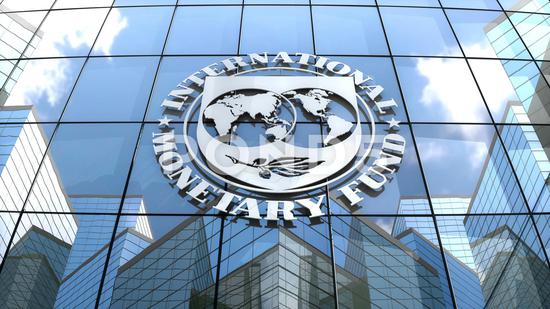
The International Monetary Fund announced on Thursday that its Managing Director Kristalina Georgieva will visit China next week for a series of high-level engagements in Shanghai and Beijing. Georgieva will attend the opening ceremony of the IMF Shanghai Center on Monday before traveling to Beijing.
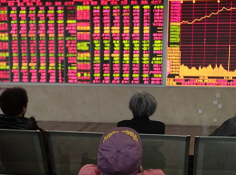
Buoyed by the price rally of A-share electrical machinery, robot actuator, and commercial aviation companies, all three major benchmark indexes reported gains during the morning trading session on Thursday, with the technology-focused ChiNext in Shenzhen rebounding strongly by 0.76 percent.
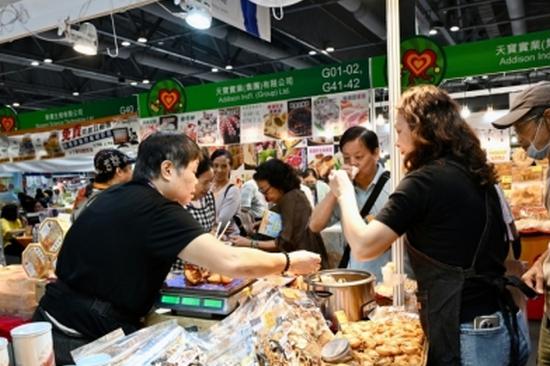
Chinese consumers are displaying vibrant purchasing power for imported products and foreign brands, and this has become a key driver for consumption upgrade fueled by enhanced logistic efficiencies, preferential policies such as lower tariffs, and an expanded list of permitted imported goods.

China may stick to its "around 5 percent" annual growth target for 2026, while fiscal stimulus measures should mirror 2025 in scale and composition, with rebalancing proceeding gradually, said a renowned economist.

As the world's largest consumer and importer of fresh durian, China in recent years has sought to develop its own durian industry in the southern tip of Southwest China's Yunnan province — Xishuangbanna.
 京公网安备 11010202009201号] [京ICP备05004340号-1]
京公网安备 11010202009201号] [京ICP备05004340号-1]